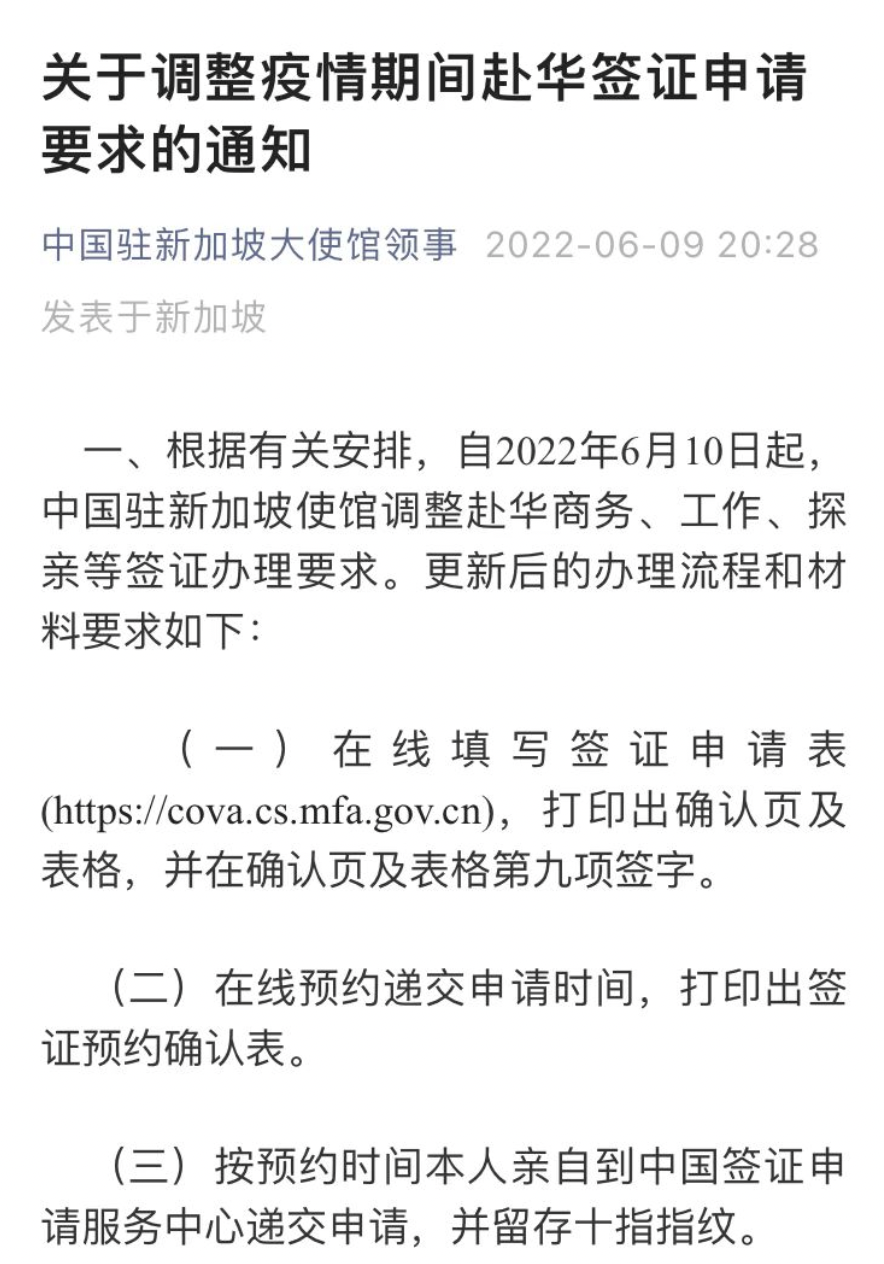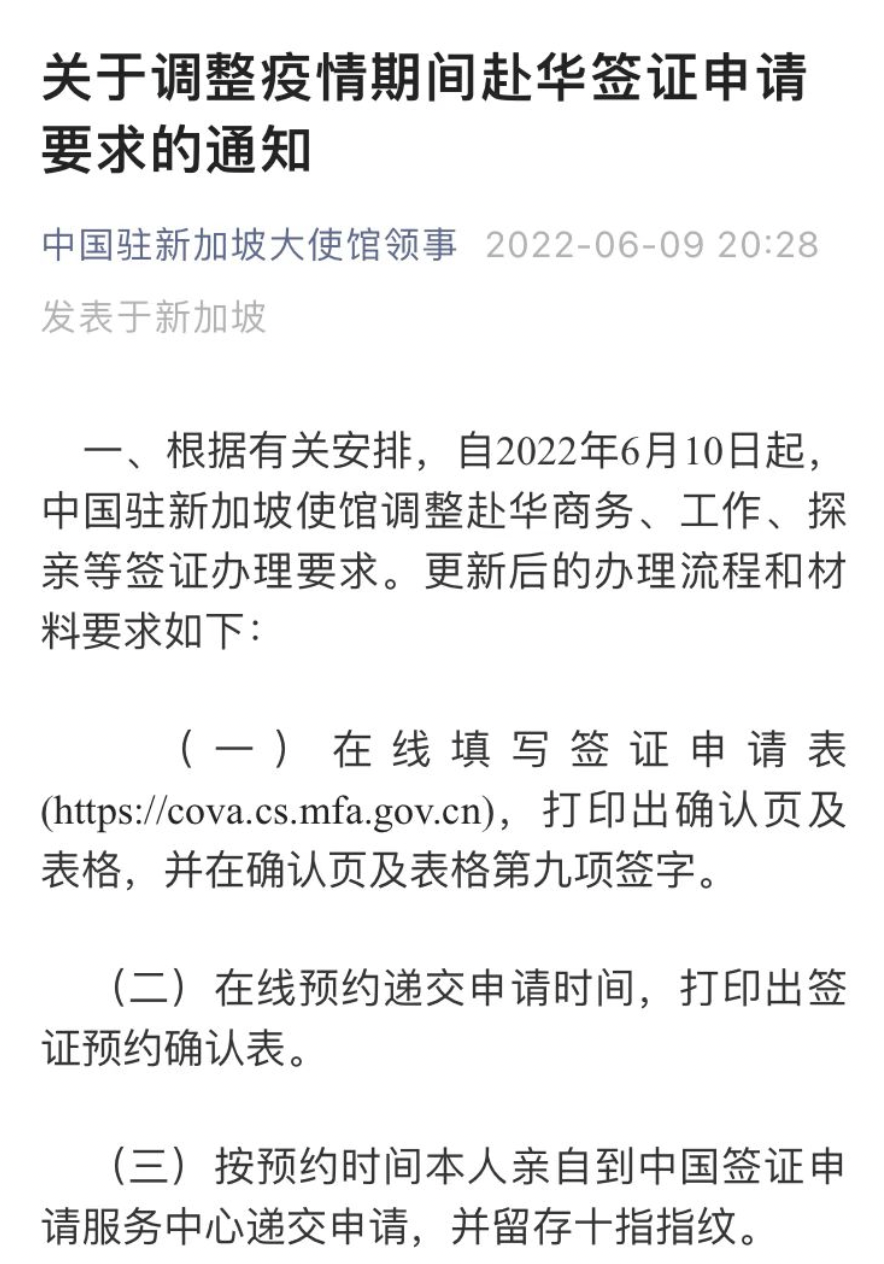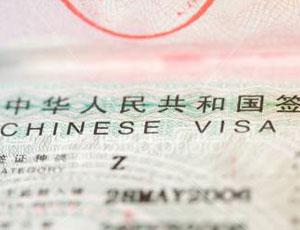Effective June 6, 2022, the following categories of foreign travelers will no longer be required to apply for a PU Letter to enter China. They will be able to apply for a Chinese work visa(Z Visa) or family reunion visa (S1 or S2 Visa) to the relevant Chinese authorities abroad by presenting their Notification Letter of Foreigner’s Work Permit or Relationship Certificate:
- Foreigners who have been approved to work in China and hold a valid Notification Letter of Foreigner’s Work Permit;
- Foreign dependents whose spouse has been approved to work in China (including those who are already in China), and their children who are under 18.
As the requirement of PU Letter is now lifted, foreign travelers who come to China to work or visit family members can get one step easier. For those who come to China for other reasons, such as business(M-visa), exchange visit(F-visa) application, still need to apply for a PU Invitation Letter. Currently there is no announcement about the opening of visa applications for tourism, student or other types of visas for personal purposes.
The Chinese embassies in the Republic of Korea and Singapore have already issued relevant announcements, stating that Z and S visa applicants are exempted from PU letter requirements. We suggest you to confirm with the Chinese embassy or consulate in your current country to know whether you are subject to this policy update and eligible for PU Letter exemption, especially those whose work permit is valid while the residence permit has expired.


Currently, foreign inbound travelers will still need to follow relevant quarantine rules in China, which can vary significantly between cities, and regulations can change very quickly depending on the local pandemic situation. All international arrivals should be prepared to complete quarantine at a government-selected facility or hotel at their own expense, with no control over the amenities, even if they maintain a residence in China.
In most cases, inbound travelers are required to be quarantined in their entry city. If your Covid test results are negative, you can head to your final destination after the 14-day centralized quarantine at your first city of entry. Usually, you will not need to do a 14-day quarantine again when you arrive at your final destination, but a 7-day home quarantine or 7-day health monitoring may be required according to the requirements of each city.
The following are the latest local quarantine policies of several pilot cities in China published by the State Council:
| Entry City/Province | Local Quarantine Policy |
| Beijing | "10+7" (10-day centralized + 7-day home quarantine or 4-day centralized quarantine) |
| Shanghai | "14+7" (14-day centralized + 7-day home/centralized quarantine) |
| Guangzhou | "14+7+7" (14-day centralized + 7-day home quarantine + 7-day community health monitoring) |
| Shenzhen | "14+7" (14-day centralized quarantine + 7-day home quarantine) |
| Jiangsu | "7+7" (7-day centralized + 7-day home quarantine + 7-day community health monitoring) "3+11" for those who enter from Shanghai but their final destination is in Jiangsu (3-day centralized quarantine in Shanghai + a ‘closed-loop transfer' to Jiangsu for 11-day centralized quarantine) |
| Hangzhou | "14+7+7" (14-day centralized + 7-day home quarantine + 7-day community health monitoring) |
| Chengdu | "14+7" (14-day centralized quarantine + 7-day home quarantine) |
| Ningbo | "10+7" (10-day centralized + 7-day home quarantine) |
| Xiamen | "14+7" (14-day centralized + 7-day home quarantine) |
The information we provide above is for reference only. As a leading provider of international educator recruitment service in China, TopTutorJob can provide you necessary support in understanding the most updated polices and status on a timely manner. Should you have requests, please contact us without hesitation.
